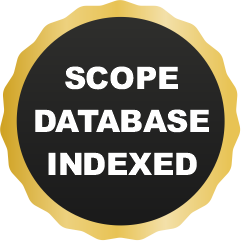



International Journal of Advanced Research in Cloud Computing (IJARCC) is dedicated to exploring and publishing high-quality research on various aspects of cloud computing. The following subject areas are covered under the scope of the journal:
The IJARCC publishes cutting-edge research that aligns with these subject areas, advancing the knowledge and practical application of cloud computing across industries and research domains. Researchers and professionals are encouraged to submit papers on these and related topics to contribute to the ongoing evolution of cloud computing technology.




